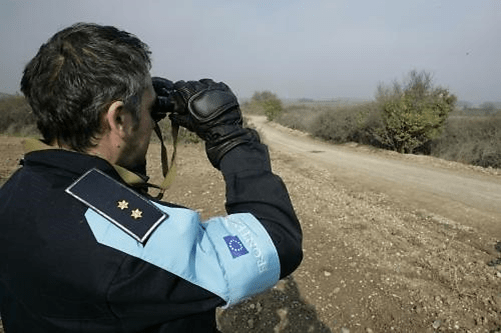On June 13 the European Commission released its fourth report to the EU Parliament on the operationalisation of the European Border and Coast Guard. The progress described in the report includes operational cooperation with priority third countries and deployment of European Border and Coast Guard Agency (Frontex) officers as well as an increase of return operations from Member States supported by the Agency.
In its effort to enhance operational cooperation with priority third countries’ the Commission has concluded a second round of negotiations with Serbia on a status agreement. Status agreements allow the European Border Agency to operationally engage together with at least one EU Member state in the border management of a third state, which border the European Union. Under a status agreement, joint operations, rapid border interventions and return operations can be carried out, entitling all members of the joint team to exercise all executive powers required for border control. The Commission intends to open negotiations on a status agreement with Macedonia and present proposals for status agreements with Albania, Bosnia and Herzegovina and Montenegro.
The Commission report further shows how Frontex support to Member States in the field of return is rising. The Agency has assisted 144 return operations of third-country nationals (101 to the Western Balkans) between January 1 and June 9 involving 6799 people. The Commission regrets that Member States have not sufficiently requested support by Frontex in the field of return, encouraging the agency to ‘start using its right to pro-actively propose the organisation of return operations.’
For further information:
- ECRE, Frontex 2.0: Deploying armed groups on the ‘Balkan Route’, May 2017

